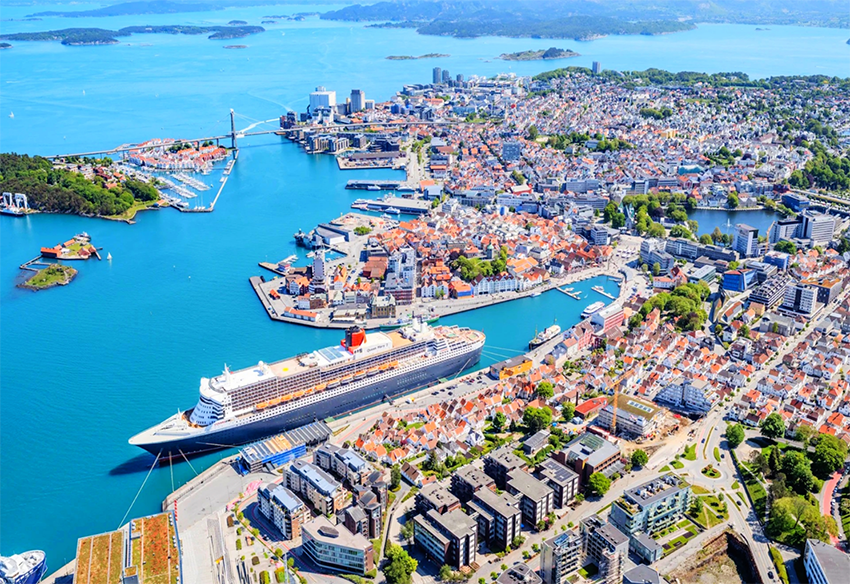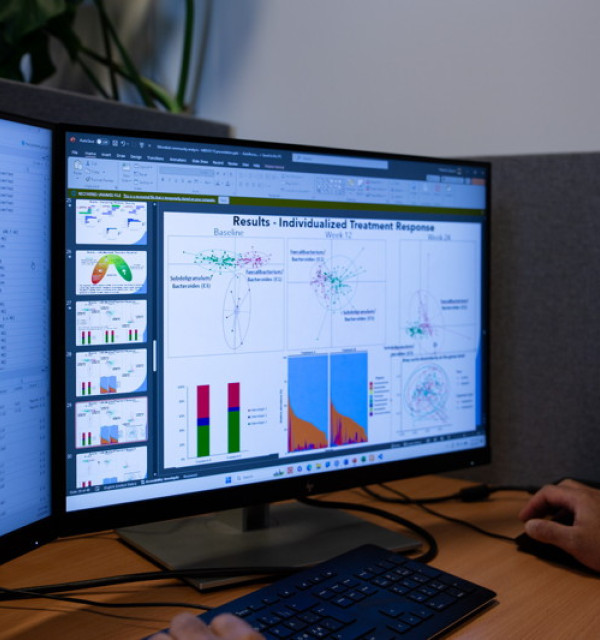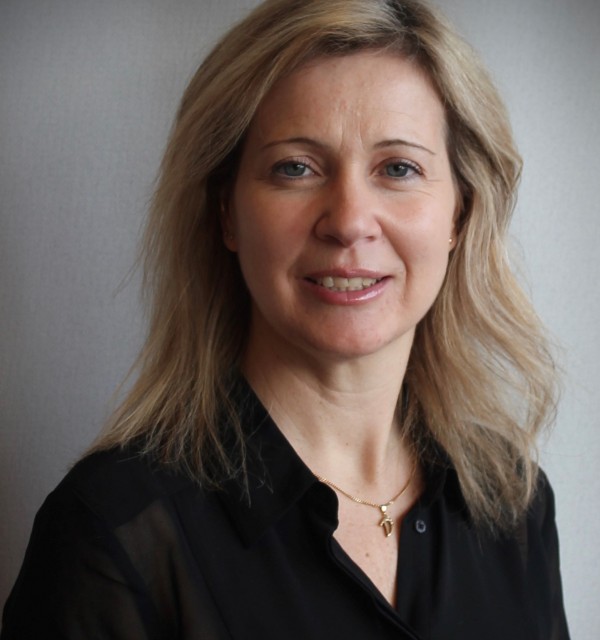NETS 2025.
28-29 August 2025
One Health
University of Stavanger
NETS-Young: August 27th, 15h-18h – Workshop, 18h-22h – Pizza ice-breaker and party. This workshop, aimed at students and early-career scientists, will focus on the importance of broadcasting good science to various groups of stakeholders to maximise its impact. Academic dissemination is key in contributing to your field and advancing your career but rarely reaches wider audiences. In environmental toxicology, efficient communication with decision- and policy-makers can ensure rapid, adequate response to limit public and environment health issues.
Welcome to the 10th Norwegian Environmental Toxicology Symposium
NETS 2025 will be held at University of Stavanger in August.

NETS’s primary objectives are to bring the Norwegian scientific community, environmental managers and the industry together to share and discuss environmental challenges and solutions related to the protection of the environment.
NETS 2025 will address scientific priorities related to the increasing anthropogenic pressures from global warming and pollution on the world’s oceans. The ocean is a central element of our world providing multiple critical ecosystem services such as climate and nutrient regulation and food resource. Our oceans are under increasing anthropogenic pressures from global warming and pollution. The understanding of how multiple stressors affect the marine ecosystems and environmental health at large is pressing. The scientific community needs to work towards a common understanding of the status of the oceans and collaborate to solve the present and future environmental challenges in a holistic way.
Goals of NETS 2025:
- contribute to the UN Sustainability goal Life Below Water (SG14).
- enhance communication and exchange of cutting-edge scientific knowledge across disciplines and sectors related to ocean health.
- promote early career scientists by providing an arena for establishing new networks among researchers.
- facilitate the development of new inter-disciplinary projects to solve current and future environmental challenges.
- provide international visibility to the Norwegian research community through a dedicated special issue in an international peer-reviewed journal.
More information regarding the programme to be announced.
Sessions
One Health - how environmental toxicology, public health, and ecosystem sustainability intersects under the One Health framework.
Scientific Committee & Organising Committee
Scientific Committee
| Anders Goksøyr | University of Bergen |
| Augustine Arukwe | Norwegian University of Science and Technology |
| Bjørn Henrik Hansen | SINTEF Ocean |
| Daniela M. Pampanin | University of Stavanger |
| Katrine Borgå | University of Oslo |
| Ketil Hylland | Institute of Marine Reseacrh |
| Knut Erik Tollefsen | Norwegian Institute for water research |
| Jan Ludvig Lyche | NMBU |
| Jasmine Nahrgang | The Arctic University of Norway |
| Mette Helen Bjørge Müller | NMBU |
| Odd Andre Karlsen | University of Bergen |
| Pål Olsvik | Nord University |
Local Committee at University of Stavanger
| Daniela M. Pampanin |
| Päivi Annele Teivainen-Lædre |
| Pierre Liboureau |
| Marwin Jafari |
| Vanessa Grace Booc |
| Jacob Rørdam |
| Kjersti Riiber |
Contact
Department of Chemistry, Bioscience and Environmental Engineering
Faculty Administration TN
Project Support and PhD Administration TN





